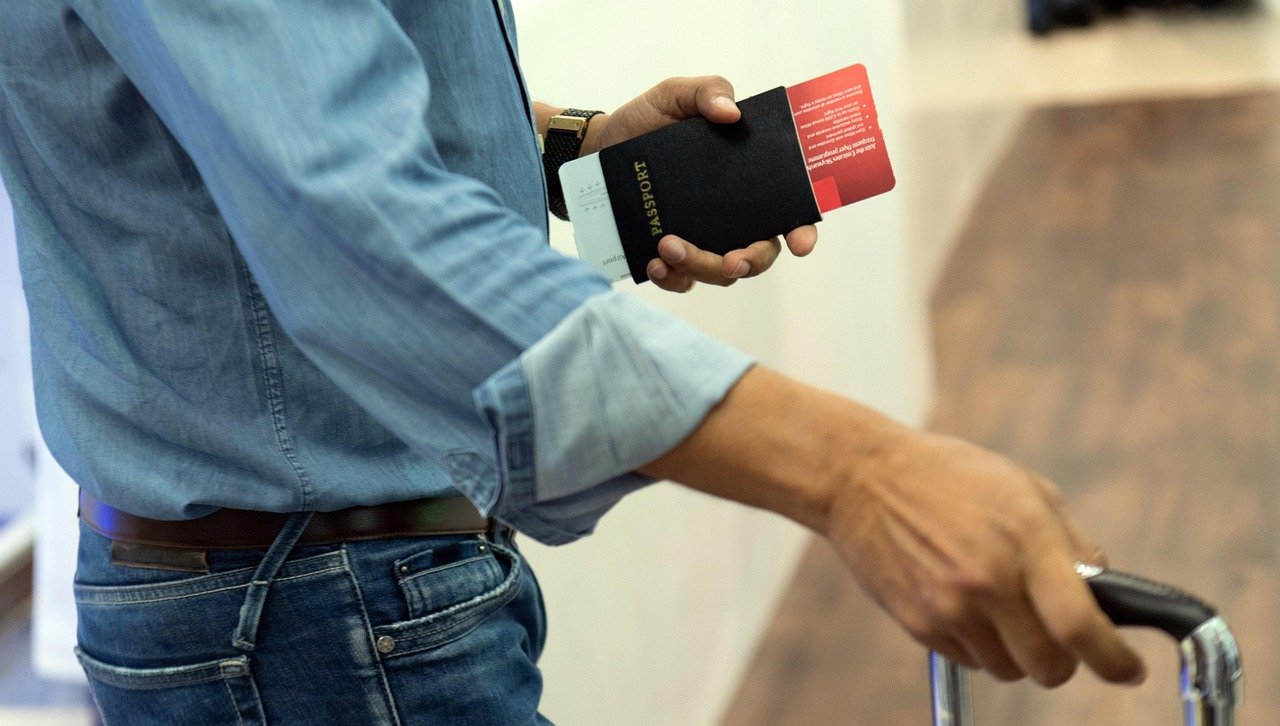Peace and uncertain times
In 2025, global conflicts are rising, security is tightening, and trade disputes continue to create instability. Yet, some nations remains safe, calm and secure. According to the 2025 Global Peace Index (GPI), these countries stand out for low crime, stability, and policies that prioritize peace.
The GPI tracks 23 indicators, including military spending, safety, and conflict levels. The top-ranking nations have stayed consistent for years, proving that strong policies and a culture of peace can shape everyday life.
Iceland
Iceland has been ranked the world’s safest country since 2008. It leads in safety, security and minimal militarization, with a 2% improvement this year. Locals describe life as safe and community driven – babies sleep outside cafes in prams, police do not carry guns, and people walk at night without fear. Strong gender equality policies also play a big role in creating security and fairness. Visitors are encouraged to join daily traditions, such as soaking in geothermal pools, hiking mountains, and experiencing the thriving arts scene.
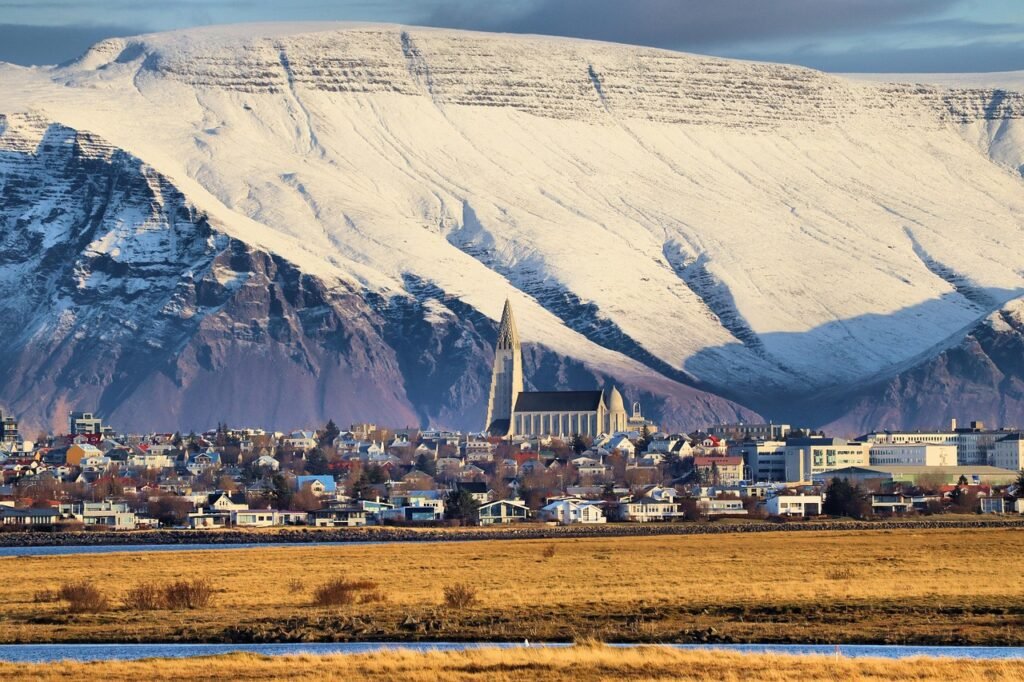
Ireland
Once marked by conflict, Ireland now ranks among the world’s most peaceful nations. The country scores high for low militarization and minimal domestic or international conflicts. Residents highlight community spirit, friendliness, and support systems that reduce inequality. Ireland’s policy of neutrality keeps it away from global wars, its focus on nature and heritage makes it a welcoming destination. From castle tours to music in cozy pubs, Ireland blends relaxation with a strong sense of safety.
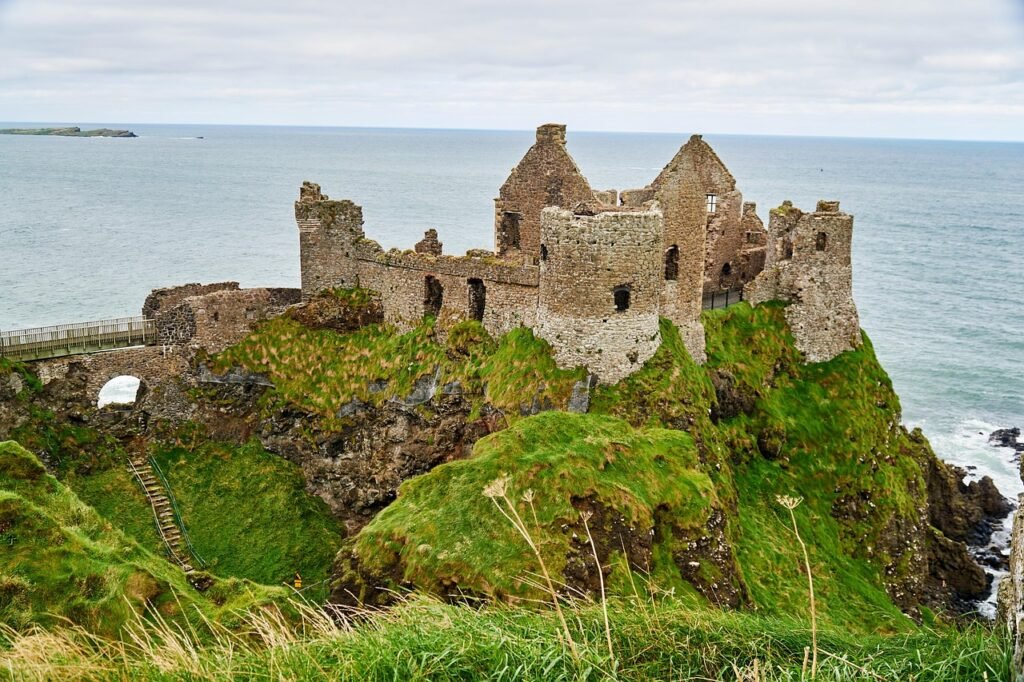
New Zealand
Moving up two spots this year, New Zealand ranks third for peace and safety. Strict gun laws, low crime and strong social systems contribute to its secure environment. Residents often leave doors unlocked, children walk to school, and motorists stop to help strangers. Nature plays a big role in well-being with activities like hiking, beach walks, and stargazing creating a slower pace of life. Visitors often leave remembering not just the landscapes, enjoying mountain air and quiet riversides.
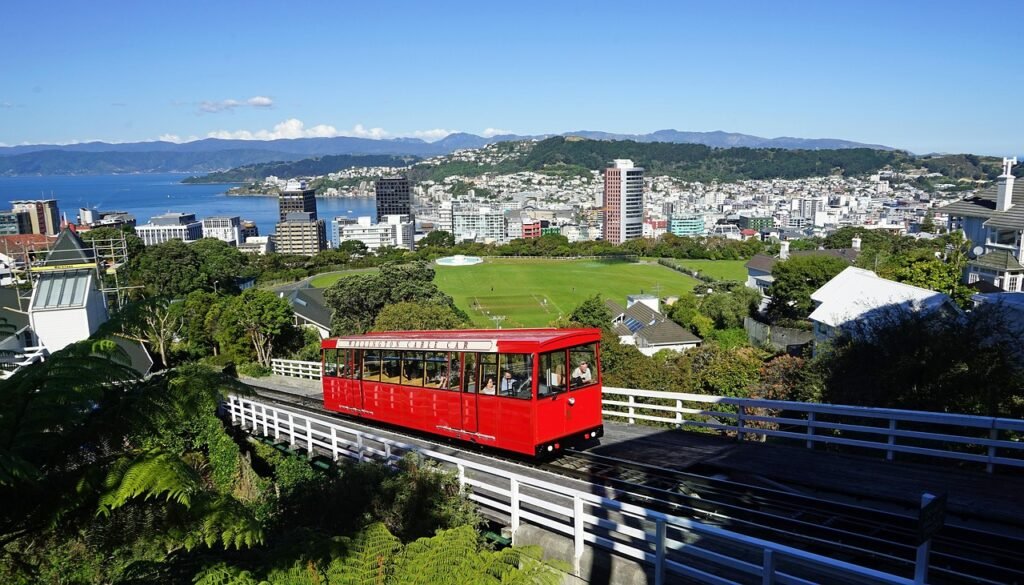
Austria
Austria holds fourth place on the list. The country’s long-standing neutrality allows it to focus on healthcare, education and community support rather than military alliances. Residents describe daily life as relaxed and secure, with people leaving homes and bikes unlocked. Visitors often feel stress melt away in Austria’s scenic landscapes, enjoying fresh mountain air and quiet riversides.
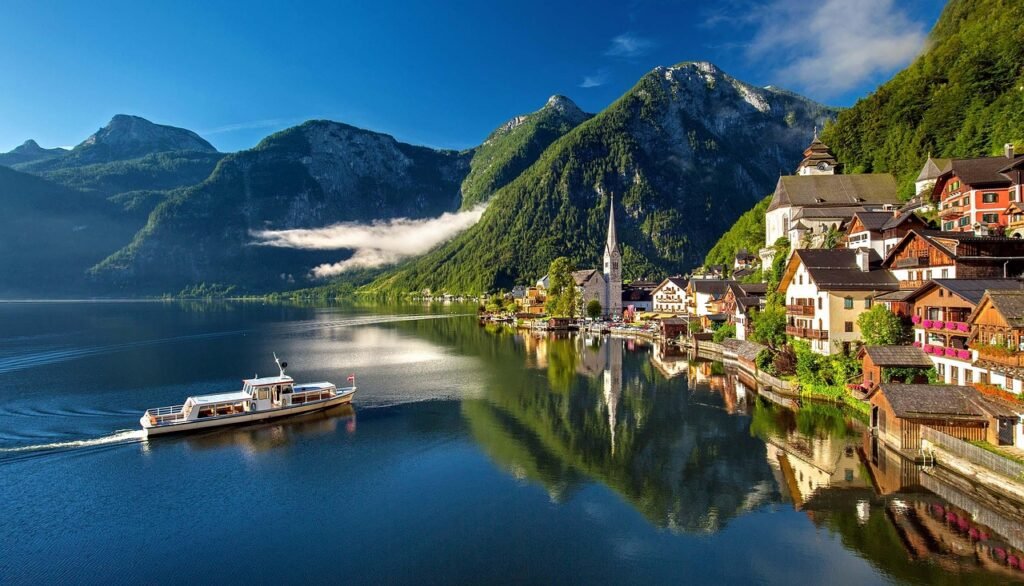
Singapore
Ranked sixth, Singapore is Asia’s safest country. Despite high military spending, it scores strongly on security and stability. Residents say they can walk safely at night, thanks to strong law enforcement and efficient systems. While social restrictions remain, especially on LGPT+ rights, progress is slowly being made. Visitors can enjoy late-night street food, peaceful riverside walks, and the city’s famous sense of order.

These countries prove that peace is not just about the absence of war – it’s about safety, fairness, trust, and community. In 2025, Iceland, Ireland, New Zealand, Austria and Singapore continue to stand as examples of how policies and culture can shape secure, peaceful lives.

